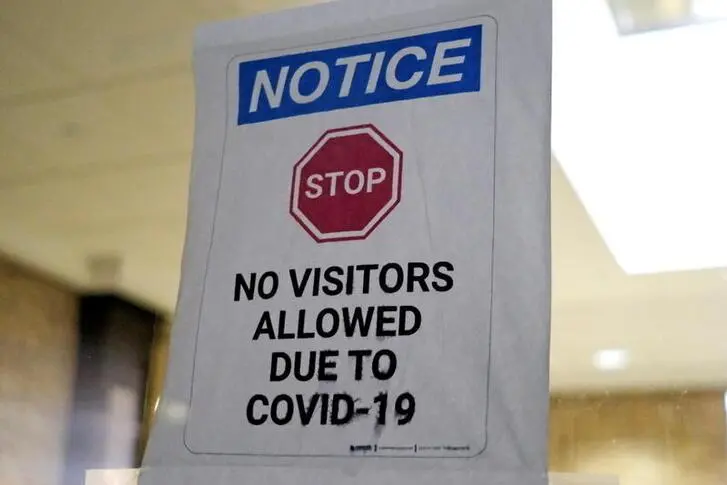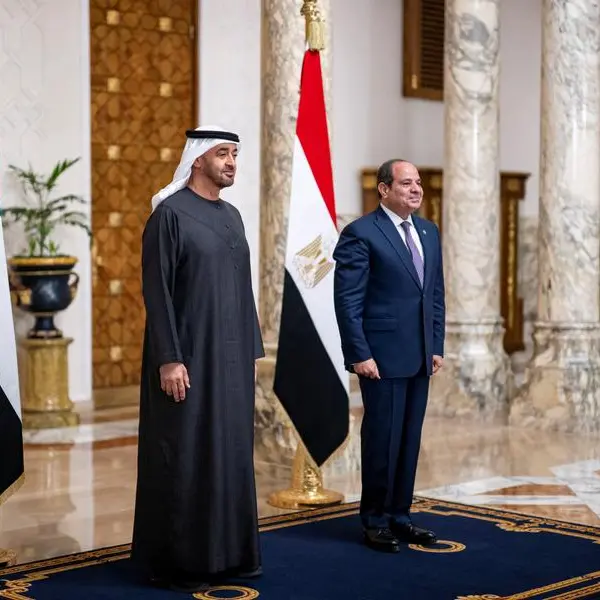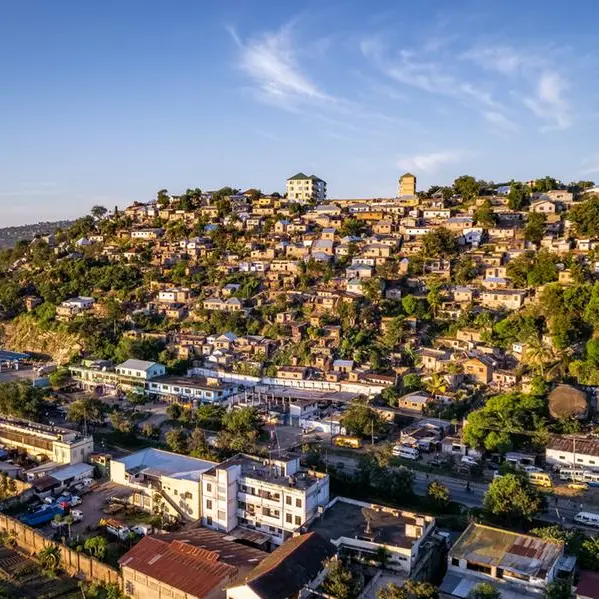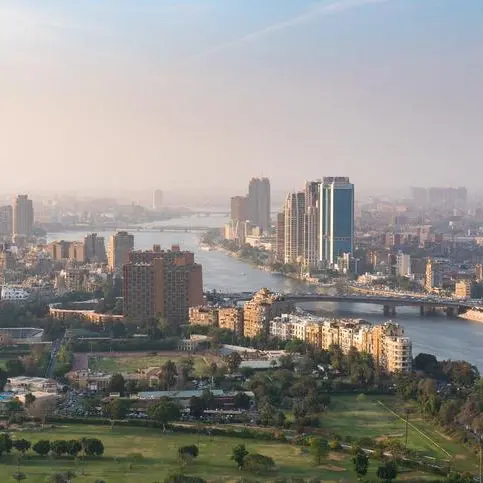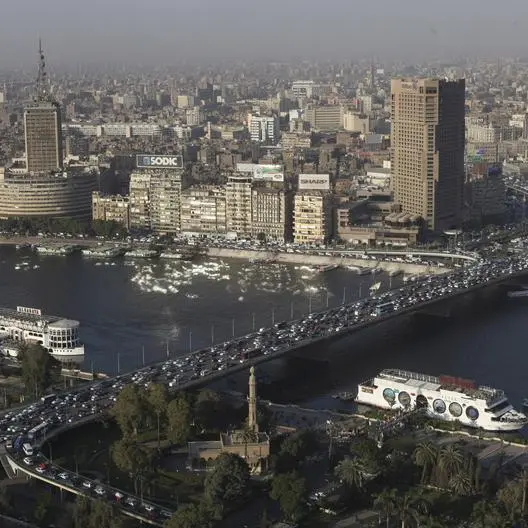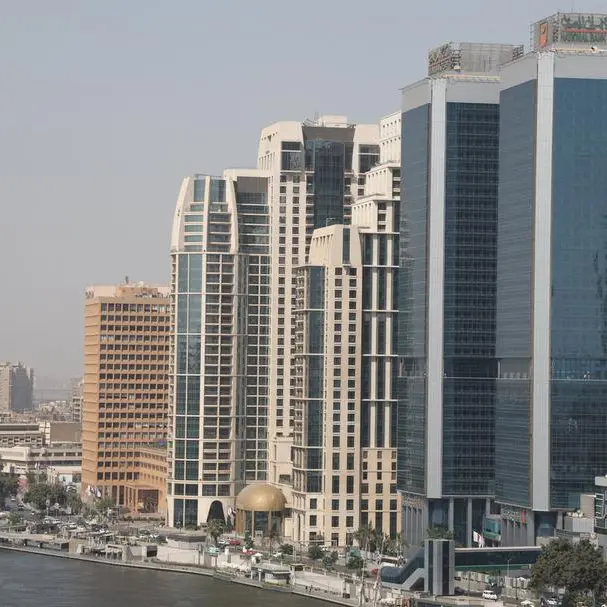PHOTO
There is something very humbling about reflecting on a year like the one that has just ended. After all, any attempt at an annual review also involves an attempt to foretell how the new year may pan out. It is a human trait that involves both curiosity and a futile attempt to create some certainty in our lives when certainty hardly exists. This time last year, we began to hear about a coronavirus outbreak in faraway Wuhan, but who could have foreseen how our lives were about to dramatically change, probably forever?
The painfully tragic year of 2020 has been one in which we experienced a steep learning curve about ourselves as individuals, our families, our social and political structures, and the web of interactions in international relations in the age of globalization. Although the coronavirus disease (COVID-19) was not the only issue of importance last year, nevertheless it most definitely dominated almost every aspect of our lives. Paradoxically, by the end of the year, as the pandemic — which has so far claimed more than 1.8 million lives and ravaged societies and economies — showed signs of rapid resurgence, it was also a time of great hope: That mass vaccination will bring an end to this most dreadful episode of recent times.
In this sense, the pandemic symbolizes humankind’s constant struggle with nature. This struggle has been ongoing since the dawn of history and it is one we must win in order to survive. Humans are constantly testing nature and changing it, as in the case of climate change, and at times it is nature that hits back with disasters — as currently through a deadly pandemic.
We should not underestimate the damage caused by COVID-19 and the long-term implications for us as individuals and societies; however, there is no reason not to remain cautiously optimistic that we as a global society are capable of recovering from it at a steady pace. History has demonstrated that monumental disasters, either natural or man-made, may provide powerful impetus for fundamental regeneration. When it all felt gloomy after wars, genocides, huge earthquakes or floods, we did not usually sink into despair, but found the resources — first and foremost the human ones — not only to restore the situation to its previous state, but to turn our affairs into a prelude to a new and better dawn.
There is no reason to think that the COVID-19 pandemic catastrophe won’t — if we are reflective enough, draw the right conclusions and have capable leadership — be the trigger for radical reform. Let us admit it: Fundamental reforms were necessary before the pandemic hit. The world had gone stale on social progress and was becoming increasingly conflicted and more unequal even before this virus exposed all this with lethal consequences.
One inescapable lesson from the year that has just ended is that, whatever the shortcomings of our interconnected world — and there are more advantages than disadvantages — it is here to stay. Hence, we must learn how to transition to an era in which societies genuinely cooperate with one another, as a matter of serving their national interests and not as a concession. This was the international mood following the Second World War, and even more so globally by the end of the Cold War, but the 2008 economic crisis, growing inequality, and the fact millions of people were being left behind by the march toward globalization opened the way to rampant nationalism and populism. But the events of 2020 have shown such attitudes to be inept at dealing with a crisis of the magnitude presented by COVID-19.
Not unrelated to all this was a year that reinforced the superiority of truth and proven knowledge over anecdotal statements. Countries that were guided by science have spared their populations much of the suffering caused by this extreme health crisis. Moreover, 2020 was a year in which we proved our ability to adjust rather quickly to a new and different lifestyle, even if this was not out of choice. Before COVID-19 hit, only a very small, albeit increasing, proportion of the world’s population was working from home. In the EU, for instance, only 5.4 percent of working people worked from home in 2019. This number has increased following the outbreak of the current pandemic to more than 40 percent, and figures are expected to remain high even when normal life resumes, but this time out of choice or because employers find that the benefits outweigh the costs. Similarly, education and enrichment activities, entertainment and social lives have migrated to the virtual environment and are bound to stay with us in this form.
Hopefully, 2020 has ensured we also learn to appreciate the unsung heroes who keep our countries going — those who risk their lives so that we might experience some degree of normalcy in a very abnormal year. For example, those who work around the clock in hospitals or care homes; those who ensure an uninterrupted supply of all utilities; those who manufacture our goods or pick fruits and vegetables in the fields; those stuck in the shops and thus are more exposed to the risk of infection; teachers at similar risk who continue to educate the next generation online and in class; and, last but not least, the scientists who have worked nonstop to develop vaccines for COVID-19. Let us celebrate them and their efforts, as they give us great hope for a better future.
- Yossi Mekelberg is professor of international relations at Regent’s University London, where he is head of the International Relations and Social Sciences Program. He is also an associate fellow of the MENA Program at Chatham House. He is a regular contributor to the international written and electronic media. Twitter: @YMekelberg
Copyright: Arab News © 2021 All rights reserved. Provided by SyndiGate Media Inc. (Syndigate.info).
